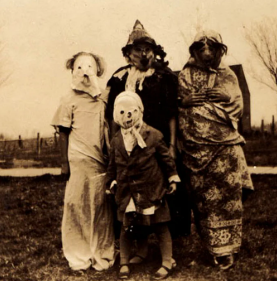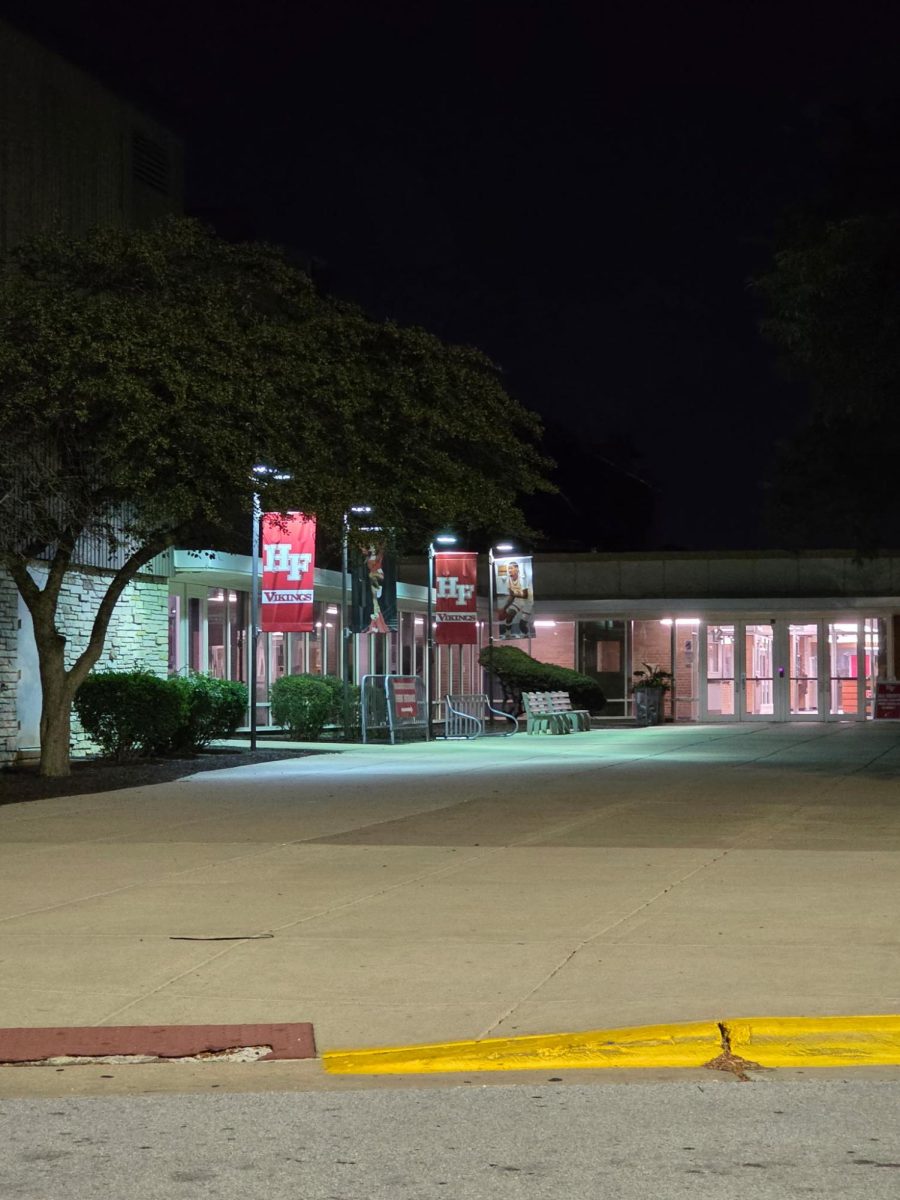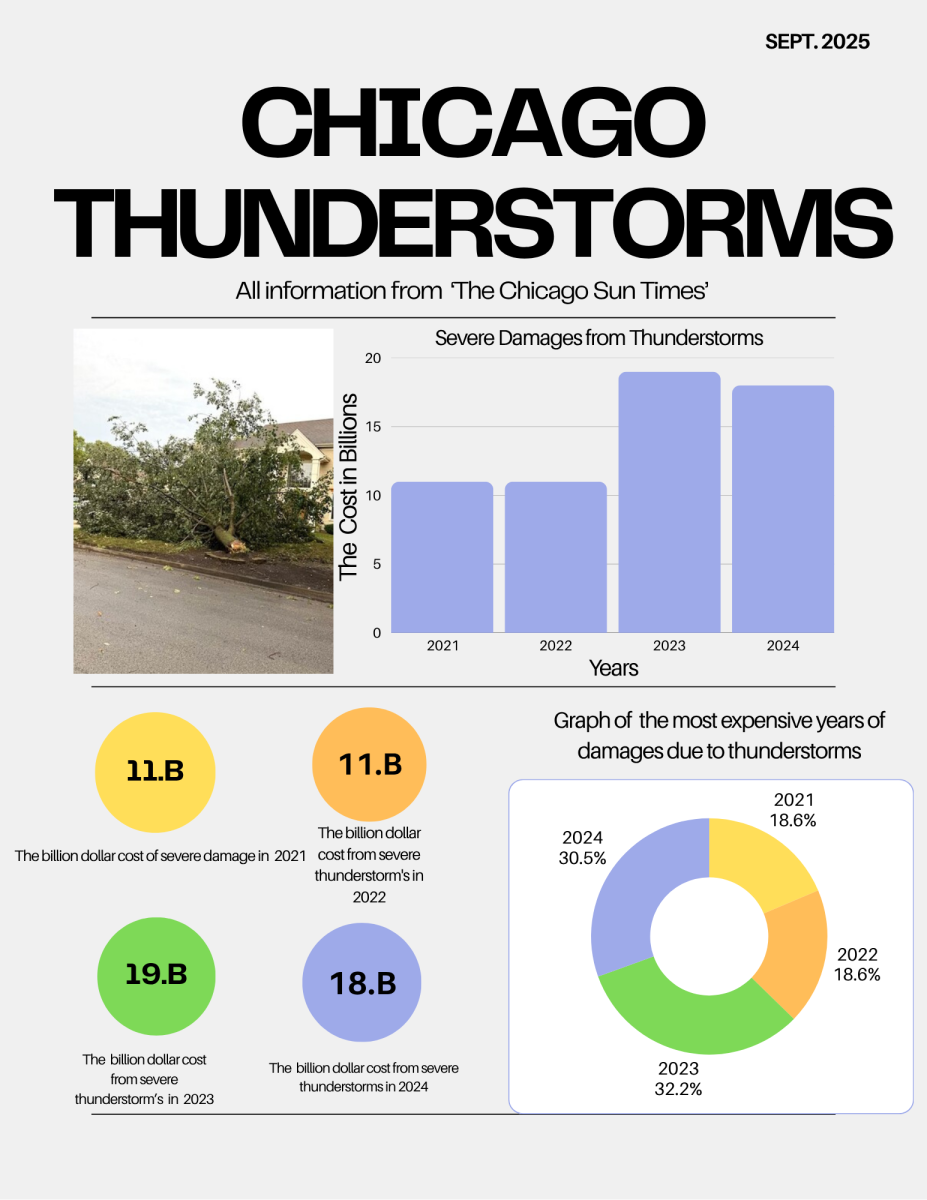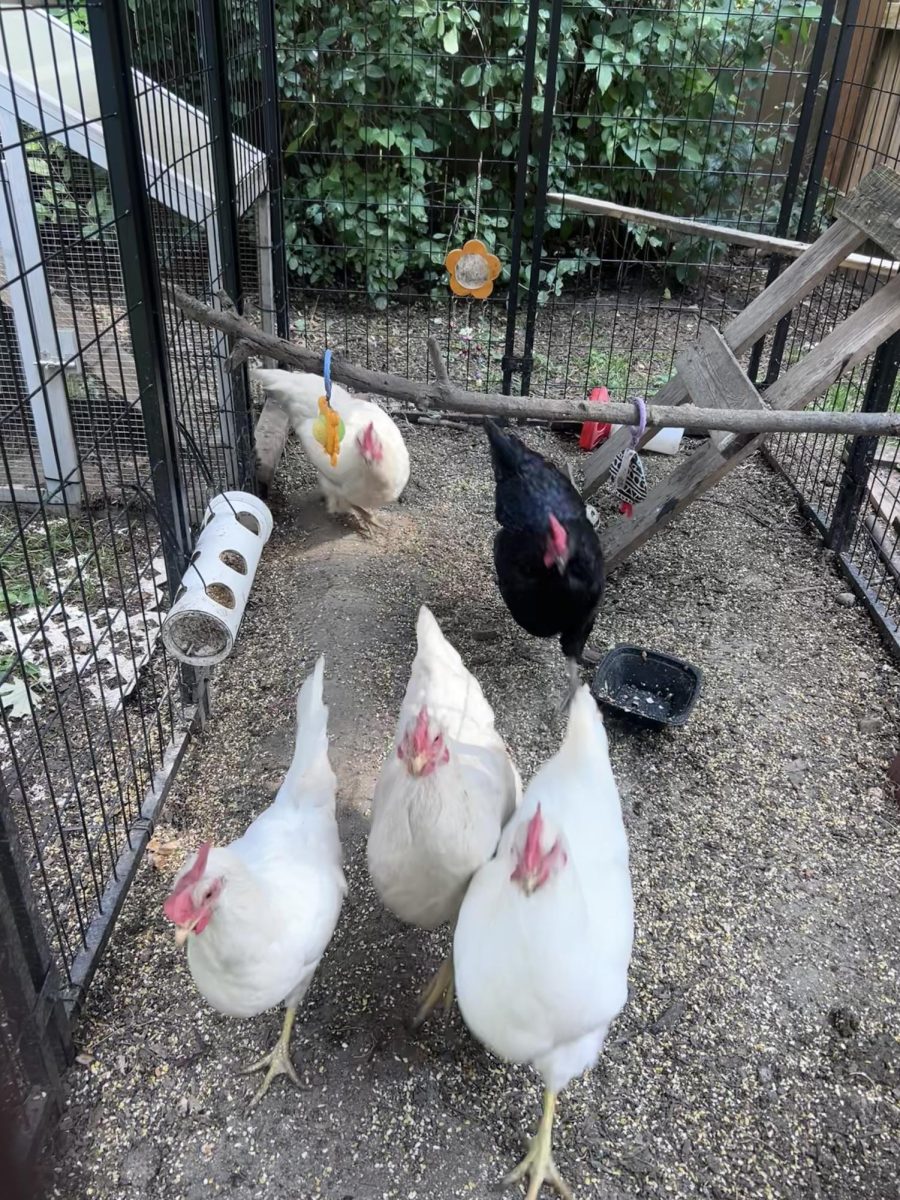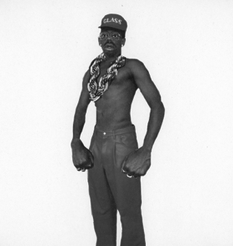Exploring careers and navigating your future isn’t always easy. The process can become stressful and tedious.
Nonetheless with help from post secondary counselors as well as a vast selection of career based courses you’ll be back on track in no time.
Career & Technical Education (CTE) are career-based learning programs that prepare students for certain occupations and provide them with the skills, knowledge and experience in those fields. Here at H-F, we have the advantage of choosing from a variety of different and unique courses that involve our interests and post-secondary plans.
Currently at H-F we have Introduction to Business, Entrepreneurship & Management, Clothing Construction,Child Development,Woods & Metals Manufacturing, Welding Technology and Business & Personal Law just to name a few.
CTE opens doors for students and grants them the opportunity of hands-on experiences and life lessons.
Forensic Science teacher Jeannette LaPlante highlights the importance of alternate ways in pursuing your career path.
“The College track is not for everyone and not all careers require college or masters degrees.There’re many pathways to get where you desire.These courses can help students show off what they’ve learned in different ways.” said LaPlante.
According to Advance CTE as of 2023 about 12.3 million students are enrolled in CTE programs across the country. As student interest and achievement in courses increase so does enrollment. Classes such as Welding Technology,Woods and Metals Manufacturing and Engine repair are all a part of industrial technology.
Using scientific and mathematical concepts students can prepare for project based learning as well as problem solving in industrial technology courses. Senior Jacob Brown and previous Woods and Metals students emphasize how much the course helped him prepare for his future.
“I plan to use machines to help me fixparts as a way to save money. I also plan to go to college in mechanical engineering so knowing how to operate these machines and how to effectively make parts will be helpful for me,”explains Brown.
According to Forbes, “CTE began in 1917 with the Smith-Hughes National Vocational Education Act. In 2006, vocational education was renamed career and technical education in the Carl. D. Perkins Career and Technical Education Act.” Main components of CTE are Business & Technology ,Industrial Technology,Family & Consumer Sciences and Engineering.
One widely known CTE program is Early Childhood Education (ECE). ECE classes have been offered since 1971. Curriculum includes learning of different development theories in preschoolers/adolescence’s growth.
Family and Consumer Sciences Teacher Tiffany Ortberg gives a run through of early childhood development courses. “Child development is the first course in the ECE pathway. Students learn about how children develop from conception through school age. After successfully completing Child Development, students can take Early Childhood Education. This class runs the Little Vikings Preschool.
The preschool is open to 3-5 year olds from the community. We also have an Introduction to Education course for students who are interested in being teachers for elementary, middle, or high school. Child Development is still a great course for those students to take because development occurs all the way through your early 20’s, Said Ortberg.
Family and Consumer Sciences Teacher Kimberly Peterz summarizes her experience in education and how she hopes to help students.
“Students can also get the foundation of careers such as becoming pediatricians and NICU doctors or nurses. I’ve been teaching since 1999 and I’ve been things such as a reading specialist,an instructional coach and a consultant. I hope to bring all my experience and knowledge into the classroom in order to help my students further their education.”
While students learn fundamental skills and principles of high demanding careers in ECE they also enjoy having fun and expanding their knowledge. Senior Mari Anderson expresses her thrill and enjoyment when taking ECE classes.
“ECE has taught me leadership, learning to be patient and understanding how little minds work I’ve always been inclined to the teacher role and enjoy how ECE has a little bit of everything in it including arts and crafts. I’d also love to be a great parent to my future children and a way to do that is to learn!” explained Anderson.
The impact of CTE has and continues to influence students and their journeys. Within these courses there are also inclusive clubs such as clothing construction club,Educators rising and auto club if ever interested in joining and learning more about CTE visit the H-F CTE page.



